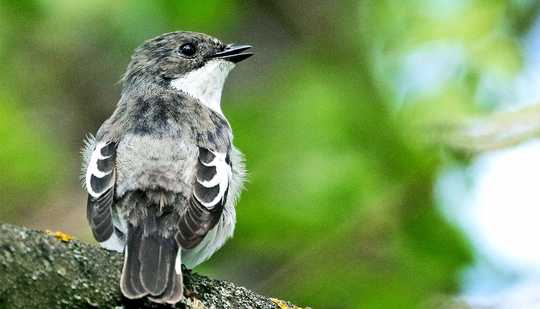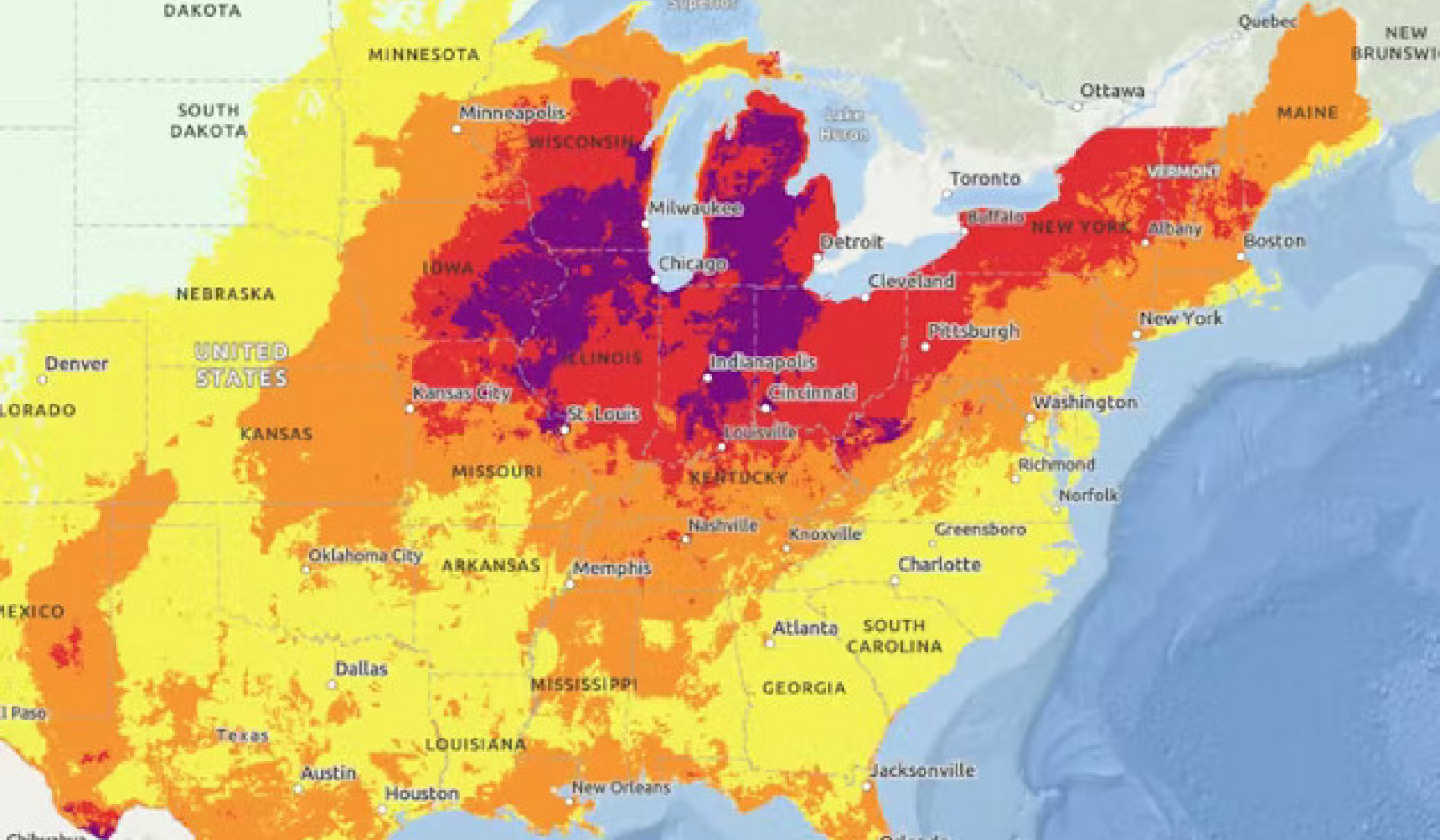
Climate change is outpacing the ability of birds and other species to adapt to their changing environment, researchers report.
The researchers evaluated more than 10,000 published scientific studies for their work. The analysis concludes that animals can respond to climate change, but those responses generally don’t allow species to cope with the rapid pace of rising temperatures.
The researchers analyzed abundant bird species such as the common magpie and the European pied flycatcher, which have developed adaptations climate change. Fredric Janzen, a professor of ecology, evolution, and organismal biology at Iowa State University, contributed data on turtles to the study.
“The big picture is that climate is already changing. We know this,” Janzen says. “We also know that lots of organisms are responding to changing climatic conditions. What we found out is that, while these species are adapting, it’s just not happening fast enough.”
The researchers identified relevant data from the scientific literature to relate changes in climate over the years to possible changes in traits the species included in the study possess. The team then evaluated whether observed trait changes were associated with desired outcomes, such as higher survival rates or increased number of offspring.
Species respond to climate change by shifting the timing of important biological processes, such as hibernation, reproduction, and migration. The researchers found that those changes, known as phenological traits, occurred more commonly in temperate regions, where biological processes shifted to earlier dates than in the past. Species also can experience changes in morphological traits, such as body size and mass. But the study found no systematic pattern to explain how climate change affects morphological traits.
The researchers compared the rate of climate change responses observed in the scientific literature with a rate modeled to reflect how traits would have to shift to track climate change precisely. This comparison found populations undergoing adaptive change aren’t adapting fast enough to guarantee long-term persistence.
Janzen’s lab has studied turtles on the Mississippi River for decades. He says his research shows the same general patterns in painted turtles noted in the new study, but the longevity the species enjoy can mask those trends. Because painted turtles can live for decades, it may seem like their populations are successfully adapting to altered environmental conditions brought on by climate change. But climate change may cause breeding declines in turtle populations that could threaten their existence years hence.
“Individual turtles live such a long time, it’s possible we’ll have populations that will be functionally extinct but won’t be able to produce sufficient offspring to replenish themselves in the long term,” Janzen says.
The paper appears in Science Communications.
Additional researchers from the Leibniz Institute for Zoo and Wildlife Research in Berlin, Germany contributed to the work.
Source: Iowa State University

Related Books:
The Future We Choose: Surviving the Climate Crisis
by Christiana Figueres and Tom Rivett-Carnac
The authors, who played key roles in the Paris Agreement on climate change, offer insights and strategies for addressing the climate crisis, including individual and collective action.
Click for more info or to order
The Uninhabitable Earth: Life After Warming
by David Wallace-Wells
This book explores the potential consequences of unchecked climate change, including mass extinction, food and water scarcity, and political instability.
Click for more info or to order
The Ministry for the Future: A Novel
by Kim Stanley Robinson
This novel imagines a near-future world grappling with the impacts of climate change and offers a vision for how society might transform to address the crisis.
Click for more info or to order
Under a White Sky: The Nature of the Future
by Elizabeth Kolbert
The author explores the human impact on the natural world, including climate change, and the potential for technological solutions to address environmental challenges.
Click for more info or to order
Drawdown: The Most Comprehensive Plan Ever Proposed to Reverse Global Warming
edited by Paul Hawken
This book presents a comprehensive plan for addressing climate change, including solutions from a range of sectors such as energy, agriculture, and transportation.
























